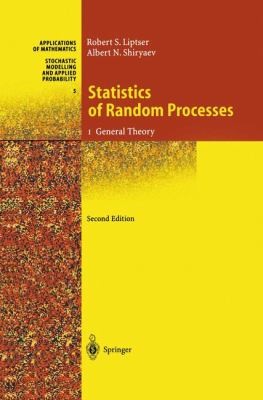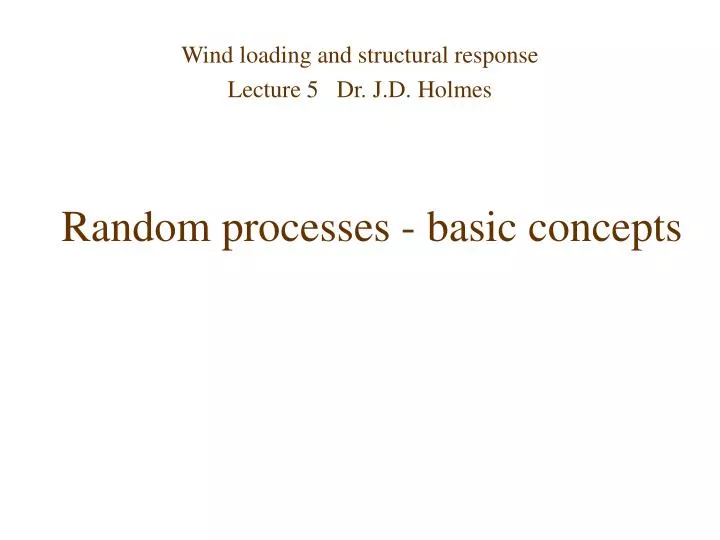

Billingsley, Probability and Measure, 2nd Ed., New York: J. In preparing the lectures I use some parts of the following texts, listed in no particular order:

Martingale convergence theorem (proof and examples)įinal exam S21 Solutions | Final exam F20 Solutions Continuity of paths.Ĭonditional expectation, examples, definition. Wiener process (standard Brownian motion)Ĭonstruction of Brownian motion. Orthogonal expansions Power spectral density The renewal function and its computation. The Poisson process, CTMCs, and Renewal processesĬounting processes and the Poisson process Limiting distributions and steady-state (equilibrium)Įarlier exams: Midterm 1 (S21) Midterm 1 (F20) Solutionsīranching processes. Markov chains with countably many states. Kolmogorov's existence theorem.ĭiscrete-time finite-state Markov chains: Basic properties.Ĭonvergence analysis using eigenvalues of P. (motivation and approach to a general definition) Σ-algebras Caratheodory's extension Borel setsĬontinuity and σ-additivity Borel-Cantelli lemmas Axioms of probability, algebras and σ-algebras Random points in (0,1] and normal numbers. What is probability, by example: Borel's Normal Numbers Mathematical foundations of probability theoryĬourse description.
RANDOM PROCESSES SERIES
Lecture 13: Generalized Fourier Series Expansion: The Karhuenen-Loève Expansion Lecture 11: Introduction to Random Processes-cont’d Lecture 10: Limit Theorems-cont’d Introduction to Random Processes Lecture 9: Modes of Convergence-cont’d Limit Theorems Lecture 8: Inequalities and Bounds Modes of Convergence Lecture 7: Generating Functions and the Laplace Transform Lecture 6: Rayleigh, Rice and Lognormal Distributions Transform Methods and the Central Limit Theorem Lecture 5: Fundamental of Statistical Analysis, and Distributions Derived from Normal Distribution Lecture 4: More on Random Variables and Functions of Random Variables Lecture 1: Introduction: History and Overview Lecture 2: Probability and Random Variables Mark and William Turin (Cambridge University Press, 2012, 800 pages). The slides should be also useful to those who wish to study the subjects based on the textbook Probability, Random Processes and Statistical Analysis, by Hisashi Kobayashi, Brian L. I post here the lecture slides, hoping that they will be useful to other instructors who will teach similar courses. I taught the same course in the Fall 2012-13. I am currently teaching a graduate course “ ELE 525: Random Processes in Information Systems” at Princeton University on Mondays and Wednesdays in the Fall Semester 2013-14.


 0 kommentar(er)
0 kommentar(er)
